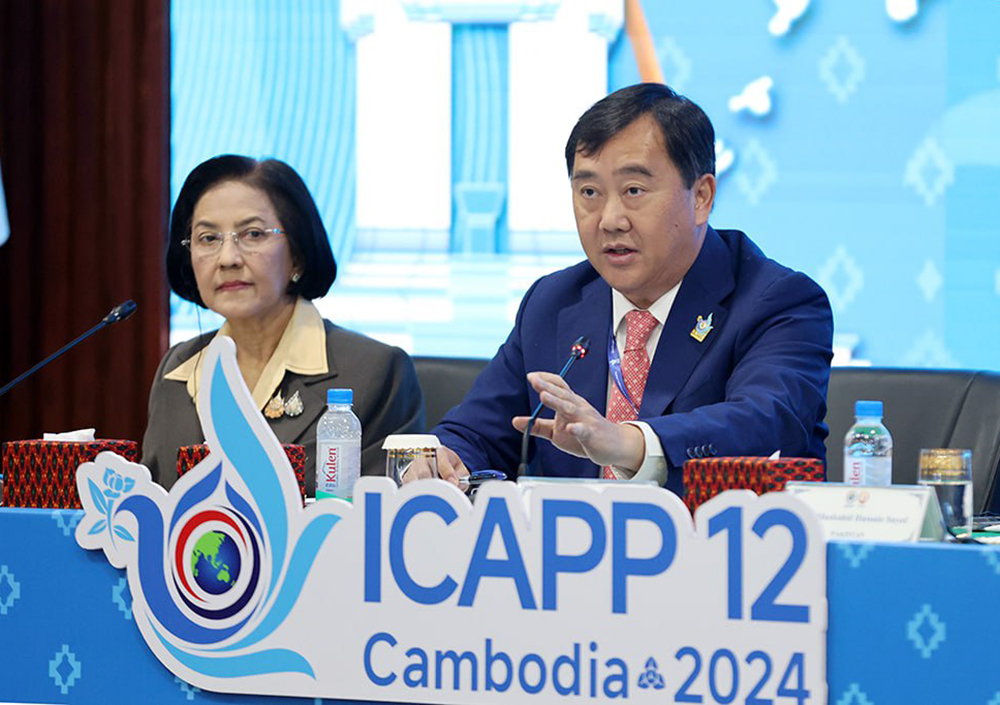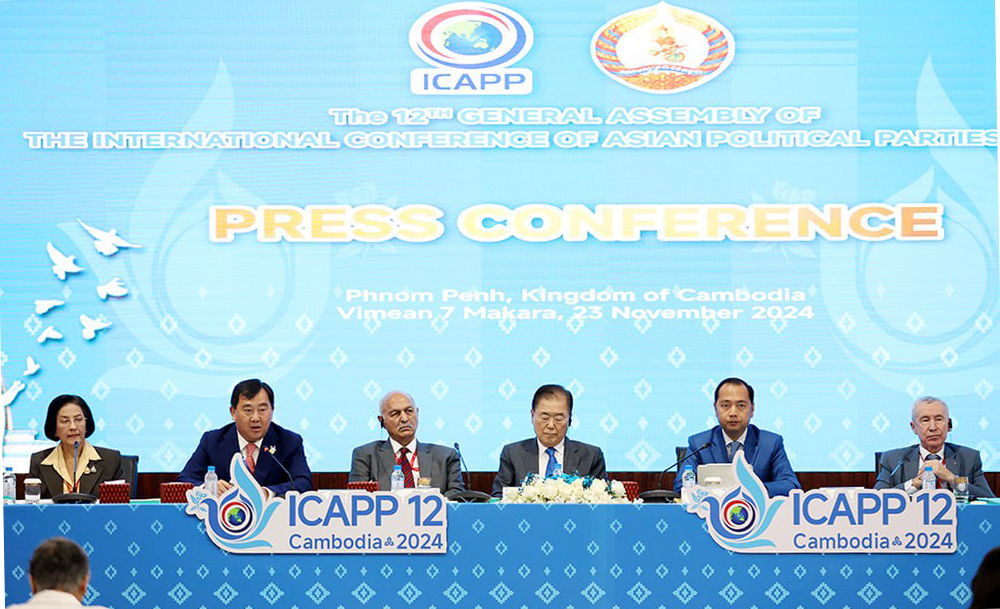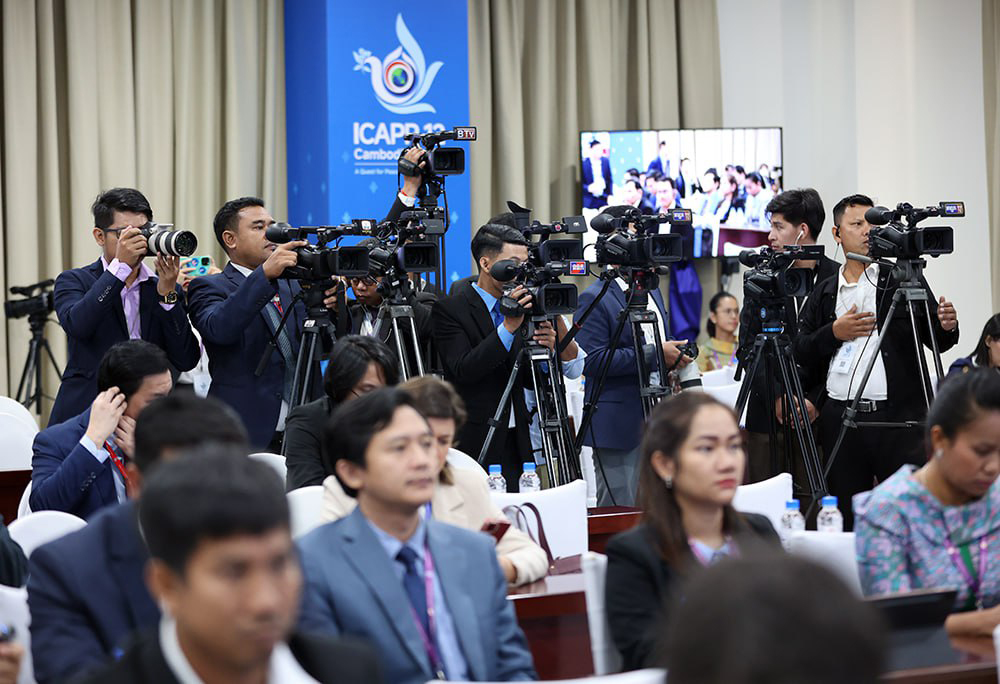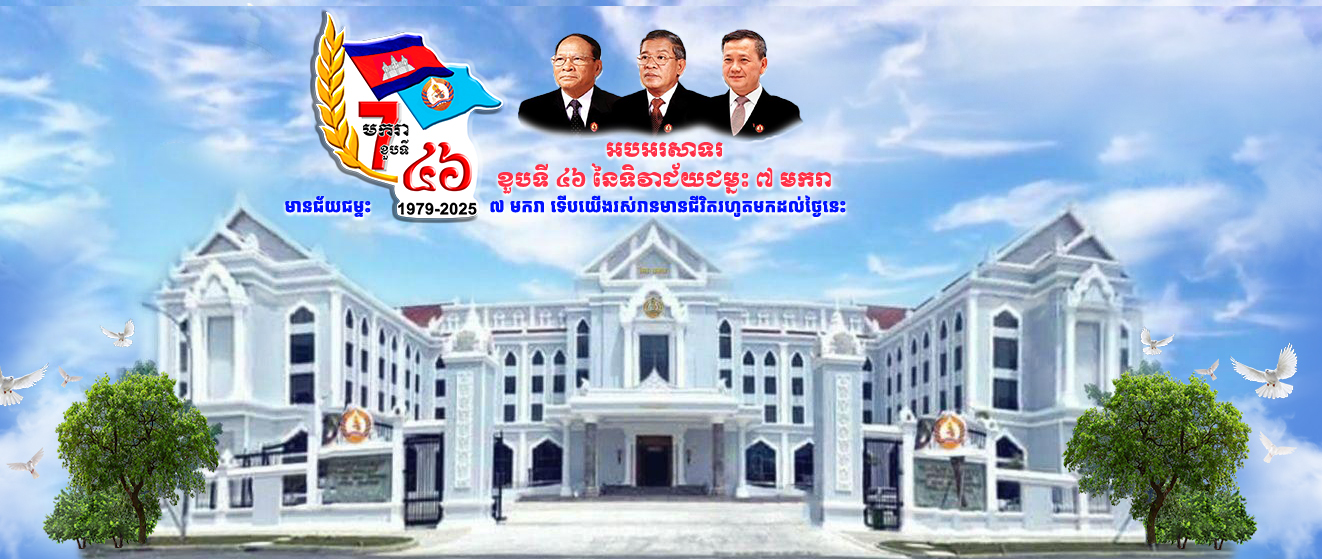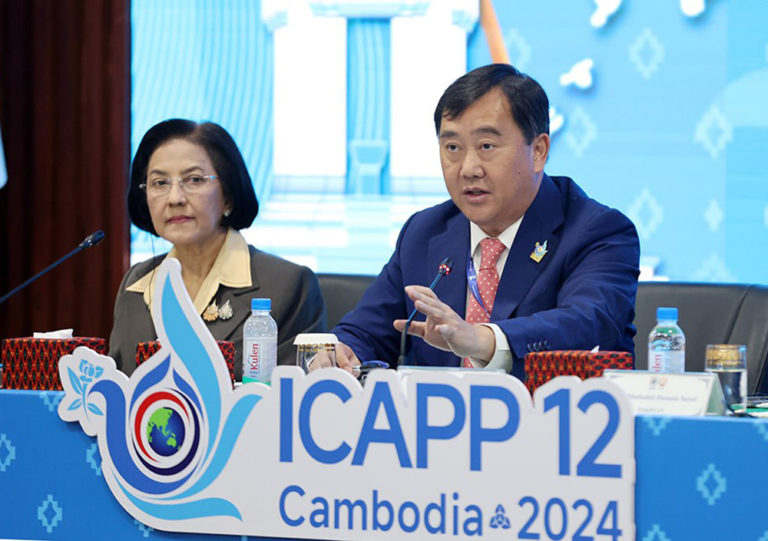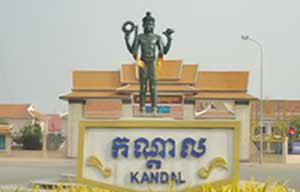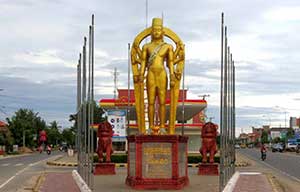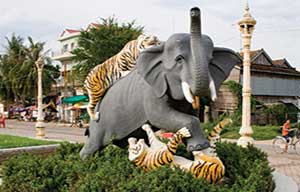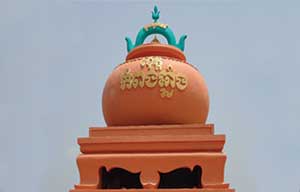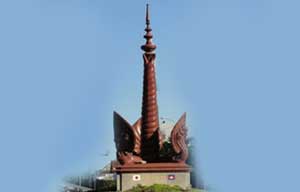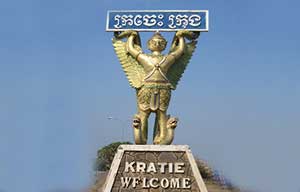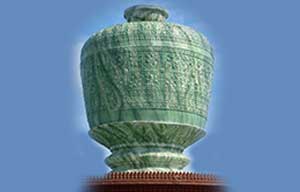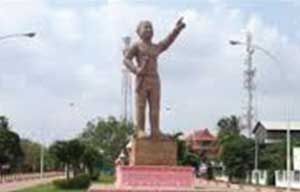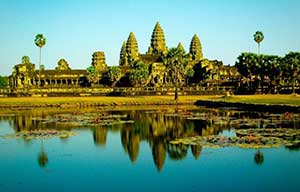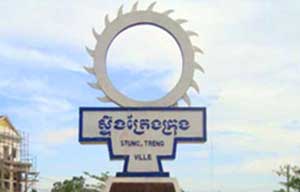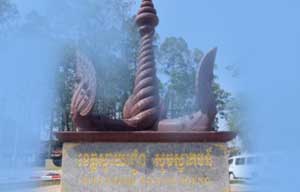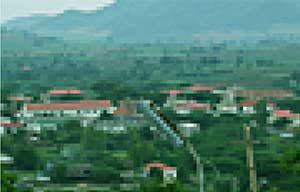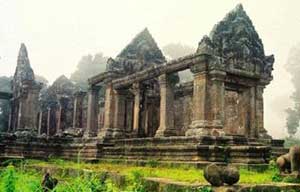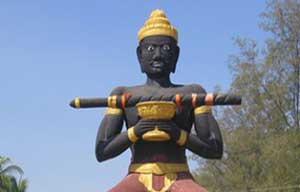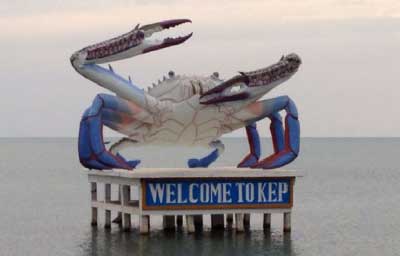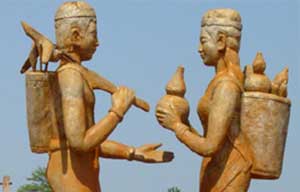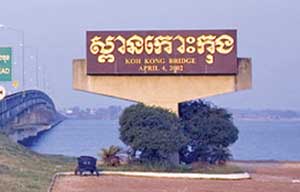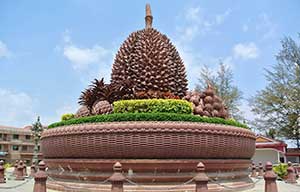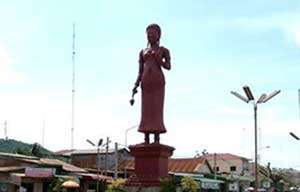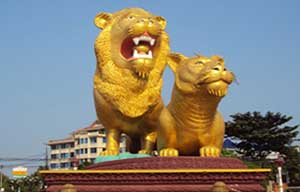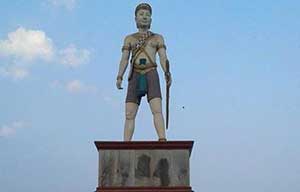The ICAPP family realised the need for a platform that is easy to implement, rather than too much theory, to protect peace, i.e. the Universal Peace Charter.
The comments were highlighted by H.E. Suos Yara, Vice President of the Standing Committee of the International Conference of Asian Political Parties (ICAPP), at a press conference on the outcome of the 12th ICAPP General Assembly, following the closing ceremony of the assembly at the January 7 Palace here on Nov. 23.
Senate President Samdech Techo Hun Sen, the initiator and founder of Cambodia’s peace, often said that “there are many who love peace, but not many who work for peace. Therefore, peace requires concrete participation,” he underlined.
So, he continued, the platform we need is a universal peace charter that states five points: conflict prevention; peaceful conflict resolution; post-conflict nation-building and response to humanitarian crises; transitional justice; and response with a view to the future, coexistence between people and people, people and machines, and people and technology.
The 12th ICAPP General Assembly also urged a mechanism to resolve international disputes through dialogue and based on the international law, he added, re-emphasising Samdech Techo Hun Sen’s vision of “war cannot be used to end war.”
The 12th General Assembly of ICAPP, hosted by Cambodia under the theme “A Quest for Peace and Reconciliation”, was attended by 260 delegates who are political experts from various political parties in 49 countries, and 16 inter-parliamentary and inter-regional organisations.
ICAPP was established in 2000 to bring together political parties across Asia, the Middle East, and Oceania for dialogues to promote regional cooperation, peace, and prosperity for all. It is one of the largest political party networks in Asia, with more than 350 members from 52 countries.
Cambodia became a member of ICAPP in 2003 and was entrusted to host the 6th ICAPP General Assembly for the first time in 2010 with commendable results.
